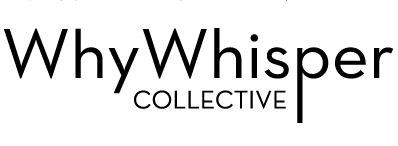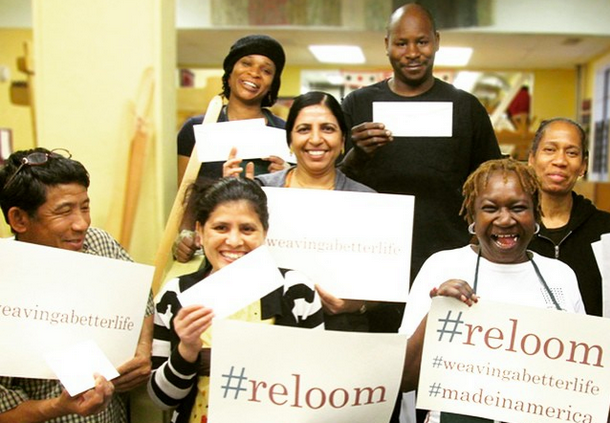So, you have an idea for how you can create positive change? Great!
Your business model is one of the first things you need to determine. Specifically, should you be non-profit or for-profit? Which model will ensure that your work is as effective and sustainable as possible?
As you’re weighing your options, you’ll want to consider the limitations and benefits of each. For example…
- Because non-profits generally do not generate their own revenue, many are forced to spend a significant amount of time seeking funding from outside sources. For-profit social enterprises, on the other hand, work to generate their own sustainable revenue streams.
- Non-profit funds are often restricted. This means that the donors specify how and when the funds should be used. For-profit social enterprises are able to use their revenue however they see fit. This makes it possible for them to change according to market needs and opportunities, and scale their businesses as they grow.
- All of the financial inner workings of non-profit organizations must be made publicly available, opening them up to scrutiny and criticism, especially around subjects of “overhead.” Social enterprises are not required to publicly disclose their budgets. This gives them more freedom to budget in ways that are most effective for their circumstances.
- Non-profits have pretty strict stipulations around where their funding can come from, whereas for-profit social enterprises can source funding more freely.
- Non-profits are exempt from paying taxes, while for-profit social enterprises are taxed as any other business.
- Non-profits are eligible for public and private grants, as well as government funding. Most often, for-profit businesses are not. Non-profits can also provide a tax deduction to their donors.
Because both models each have pros and cons, some decide to operate under a hybrid model – either as a non-profit social enterprise, or as a non-profit working in tandem with a for-profit social enterprise.
To give you a better idea of the hybrid model in action, here are a few of our favorites:
Work Options for Women & Café Options
Based in Denver, Work Options for Women (WOW) is a non-profit organization that helps impoverished women gain the skills and confidence they need to work their way out of poverty and become employed in the food services industry. To do this, WOW offers culinary and managerial training, along with one-on-one job coaching, to women in need in the Denver area.
To sustainably fund their programming and meet the women’s needs, WOW has established several cafes throughout the city: Café Options, WOW Café, and Café United. These cafes are for-profit social enterprises that generate revenue by serving food to the public. All three cafes employ women from WOW’s training programs, and all proceeds from sales go directly back to furthering WOW’s mission.
Drive Change & Snowday Food Truck
Established by former Rikers Island English teacher, Jordyn Lexton, Drive Change is a non-profit organization that aims to broaden opportunities for young people coming out of adult jail in New York City. New York is one of two states that automatically prosecutes 16-year-olds as adults. As such, these young people face incredibly harsh conditions in prison and the possibility of a felony on their record after they leave. Drive Change works to address the obstacles these youths face after exiting the prison system.
Here’s how it works: Drive Change offers re-entry job training programs and employment through their social enterprise, Snowday Food Truck. On the truck, youths receive the hands-on experience and skills-based training they need to be eligible and prepared for a better future. They also receive personal counseling, as needed, so that they have the emotional tools necessary to re-enter a society from which they had been removed. Profits from Snowday go back to Drive Change, providing a sustainable revenue stream to support their reentry programming and subsidize operational costs. And as an added social impact bonus, Snowday features a ‘farm-to-truck’ menu – complete with ingredients that are sourced from local farms.
The Initiative for Affordable Housing & re:loom
The Initiative for Affordable Housing is an Atlanta-based non-profit social enterprise. It aims to help the area’s homeless and low-income families find housing and break the cycle of poverty. Their goal is to empower individuals to change their lives for the better by providing them with affordable rental housing, social support services, and opportunities to earn sustainable incomes. That’s where the Initiative’s for-profit arm, re:loom, comes in.
re:loom is a support program of the Initiative for Affordable Housing, generating revenue for the Initiative’s programming by selling woven goods. These goods range from rugs to wine carriers, all of which are produced by Initiative members. Revenue from these sales goes back to the Initiative for Affordable Housing. re:loom also offers on-site job training and 100% healthcare coverage for weavers, allowing the Initiative to more fully meet members’ needs.
The Yellow Tractor Project & Yellow Tractor
The Yellow Tractor Project is a Chicago-based non-profit organization that empowers people to grow their own fresh, healthy, food in an easy and affordable manner. They provide garden beds, seeds, and other materials, and have established gardens at veterans’ homes, schools, and other non-profits where gardening is determined to be beneficial. They then provide supporting education through occasional on-site visits, as well as region-specific instructional emails.
The Project’s affiliated social enterprise, Yellow Tractor, focuses on establishing corporate wellness programs and employee engagement opportunities for companies that are looking to build out corporate social responsibility (CSR) programming. For each business or corporation, they create programming that is tailored to its individual CSR goals. Then, a portion of the proceeds earned from the implementation of each program goes back to the Yellow Tractor Project, and a portion goes back into Yellow Tractor’s own operations.
In this way, Yellow Tractor and the Yellow Tractor Project are two entirely separate entities, with different missions, functions, and teams; and yet, they act as a support to one another.
The hybrid model introduces a whole new world of possibilities for creating social impact. Do you know of a business or organization that uses the hybrid model? Tell us about them – we want to spread the word! Here’s how to do it:





